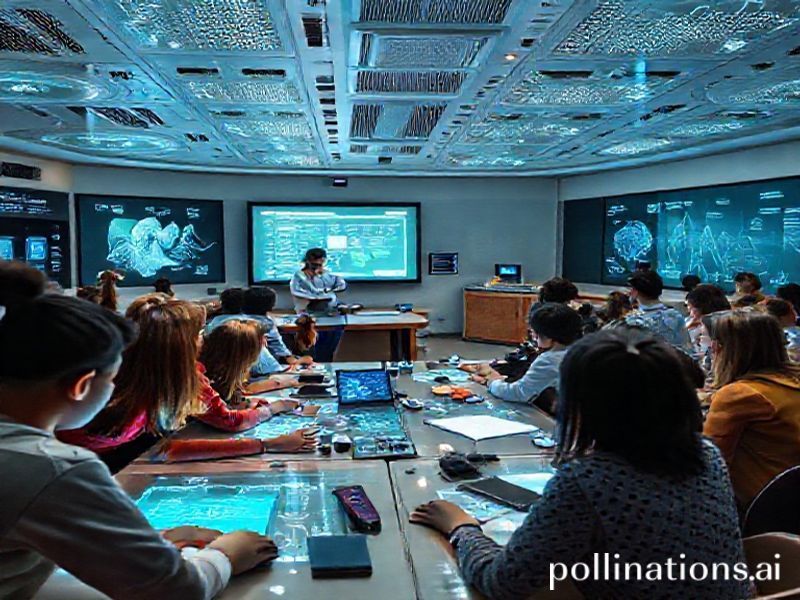Curriculum Review 2025: Why the World Is Finally Fixing Education
# **Curriculum Review 2025: The Global Edutainment Overhaul**
Alright, folks, buckle up! The year is 2025, and the world is finally catching on to what we’ve all been whispering about for years: the education system is in desperate need of a glow-up. The “Curriculum Review 2025” is trending globally, and it’s not just because teachers are finally ditching the chalkboard for a sleek, interactive smartboard. No, this is about a full-blown overhaul of what, how, and why we teach our future generations. And let’s be real—it’s about time.
### **Why Is This Trending Now?**
First off, let’s talk about the elephant in the classroom. The internet has changed everything. Kids today are growing up with TikTok, YouTube, and AI tutors, and yet, most schools are still teaching like it’s 1995. The pandemic didn’t just disrupt education; it exposed its fragility. Parents, students, and educators alike are now demanding a curriculum that’s as dynamic as the world they’re living in.
But it’s not just about tech. The world is facing some pretty heavy stuff—climate change, AI ethics, mental health crises—and our kids need to be equipped to handle it. The old-school “read, memorize, regurgitate” method just isn’t cutting it anymore. We need a curriculum that teaches critical thinking, creativity, and adaptability. And honestly? It’s about time.
### **Cultural Context: The Global Classroom**
This isn’t just a Western problem. From Finland’s progressive education model to Singapore’s STEM focus, countries around the world are rethinking what education should look like. The “Curriculum Review 2025” is a global conversation because education is a universal human right—and a universal human struggle.
In some places, the focus is on integrating technology. In others, it’s about cultural relevance, ensuring that students see themselves reflected in what they’re learning. And let’s not forget the push for financial literacy, emotional intelligence, and even coding as a core subject. The world is changing, and education has to keep up—or risk becoming obsolete.
### **Social Impact: More Than Just Grades**
The ripple effects of this review are massive. For starters, it’s about equity. A curriculum that’s relevant, engaging, and inclusive can help bridge gaps in education access and opportunity. It’s also about mental health. The old system was stressful, rigid, and often demoralizing. A more flexible, student-centered approach could do wonders for reducing anxiety and burnout.
And let’s talk about the workforce. Employers are screaming for skills like problem-solving, collaboration, and digital literacy. If schools start teaching these things earlier and better, we might finally see a generation that’s not just book-smart but also life-smart.
### **What Makes This Significant?**
The “Curriculum Review 2025” is significant because it’s not just about tweaking a few lessons here and there. It’s about reimagining education from the ground up. It’s about recognizing that the world doesn’t need more robots who can recite facts but fewer humans who can think for themselves.
This review is also a reflection of our collective values. What do we want our kids to know? What skills do we want them to have? What kind of world do we want them to inherit? These are big questions, and the answers will shape the future.
### **Conclusion: The Future of Learning**
So, is the “Curriculum Review 2025” the magic bullet that will fix education? Probably not. But it’s a start. It’s a recognition that the old ways aren’t working, and that’s a powerful first step. Whether it’s through gamified learning, AI-assisted tutoring, or a greater emphasis on real-world skills, one thing is clear: the future of education is here, and it’s about time we caught up.
Now, if you’ll excuse me, I’ve got a TikTok to film about why the Pythagorean theorem is actually kind of cool. Stay tuned, folks—education is about to get a whole lot more interesting.







